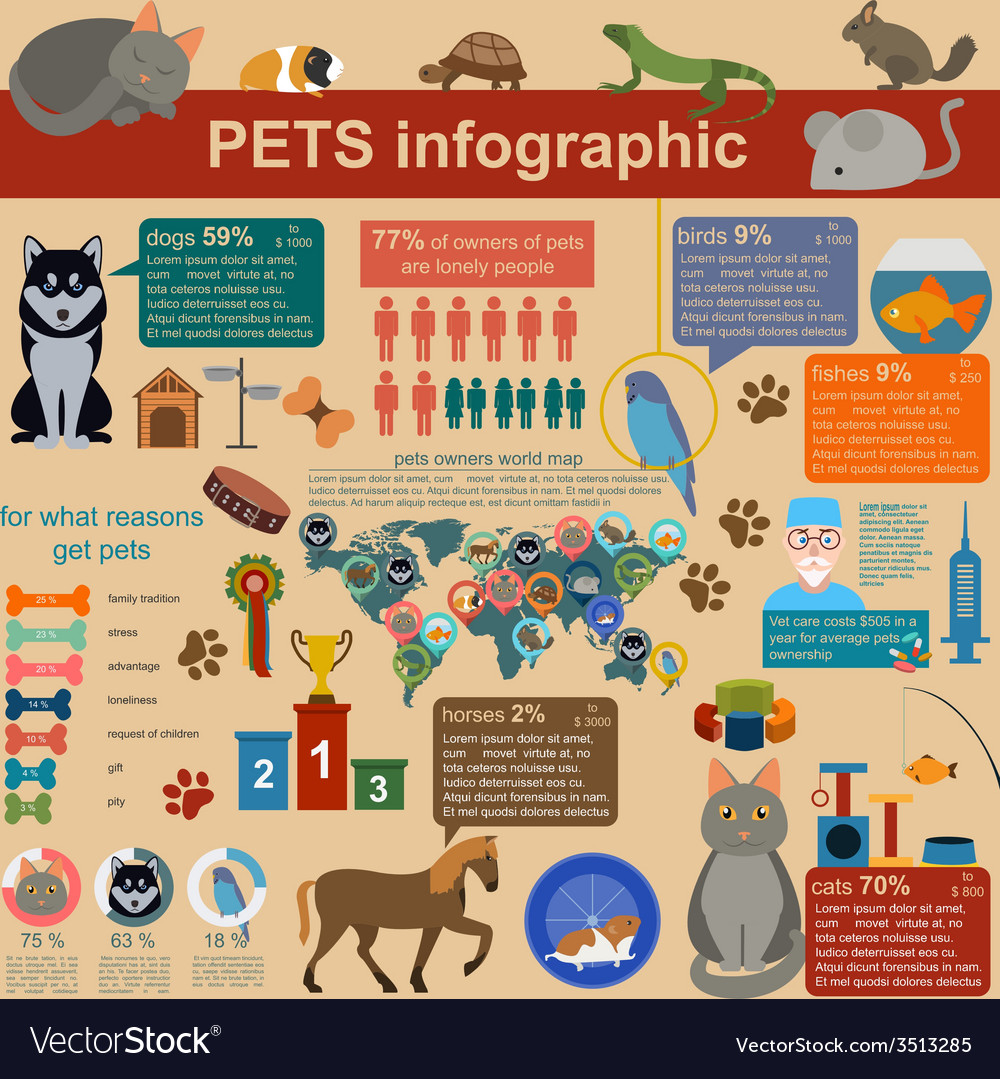Dog Daycare Vs Dog Walker For Busy Owners
Dog Daycare Vs Dog Walker For Busy Owners
Blog Article
What Vaccinations Are Required For Pet Day Care?
Whether your canines spend time at daycare or boarding centers, they need to be up-to-date on every one of their needed vaccinations. Core vaccinations consist of Bordetella, rabies and DA2PP, which guard against usual illness that dogs are exposed to when in close contact with others.
Non-core vaccinations consist of canine influenza and leptospirosis shots. These are suggested for puppies that join other pets often.
Core Vaccinations
As a vital part of precautionary treatment, canine vaccinations assist keep pets safe from infectious diseases sent with direct contact or contaminated surface areas. Vaccinations boost the body immune system to produce antibodies that fight disease, and many vets think about core pet dog vaccines to be important for all animals.
Rabies
Most reliable pet day care facilities call for that your family pet be up to day on their rabies inoculation. Vaccinations are carried out to young puppies as early as 12-16 weeks old, and boosters are required every three years approximately till adulthood. Rabies is a deadly viral disease that spreads out with saliva, typically from attacks. Most states need rabies vaccinations for all canines and cats, and some even mandate rabies boosters for pet dog owners.
Distemper/Parvovirus/Adenovirus (DHPP).
This combination injection covers canine distemper, parvovirus, hepatitis, and adenovirus, every one of which are extremely contagious. The majority of vet offices offer DHPP vaccinations as one shot or in a series of 2 to four shots, provided 2-4 weeks apart, followed by a yearly booster. This vaccination is a demand for many boarding and dog daycare centers, in addition to numerous groomers.
Bordetella/Canine Parainfluenza Vaccination.
Bordetella bronchiseptica, frequently known as kennel coughing, is a really contagious breathing infection brought on by the bacteria that triggers the condition. Symptoms include relentless coughing, sneezing, nasal discharge, and fever. The majority of kennel cough break outs take place in crowded atmospheres, such as childcare or boarding facilities, and are particularly usual in warmer weather. This injection is a need for many childcare and boarding facilities, and is commonly supplied in a combination with the DHPP injection.
Leptospirosis Injection.
This is a microbial disease that spreads with polluted water, dirt, and urine. Infection can trigger kidney and liver damages, in addition to death, and is transmissible to humans. Many vets will certainly advise this vaccine, based on geographic place and way of life of the pet, for pet dogs that hang around outdoors or at boarding centers, in boarding training dogs near me addition to some groomers. This injection is typically administered as a series of 2 to 4 shots, spaced 2-4 weeks apart, with a yearly booster required for many animals.
Lyme Disease Vaccination.
One of the most typical tick-borne disease in the United States, Lyme condition is sent by the deer tick and can lead to fever, joint discomfort, muscular tissue discomfort, and loss of appetite. The Lyme disease vaccination secures against one of the most widespread pressures of the virus, including the H3N8 and H3N2 pressures. A lot of veterinary facilities suggest this vaccine, specifically in risky areas, such as the Northeast, upper Midwest, Mid-Atlantic, and along the Pacific shore.
Noncore Vaccines.
Other dog vaccines, while not essential for all family pets, are suggested based on the pet's lifestyle and geographical area. These consist of the following:.